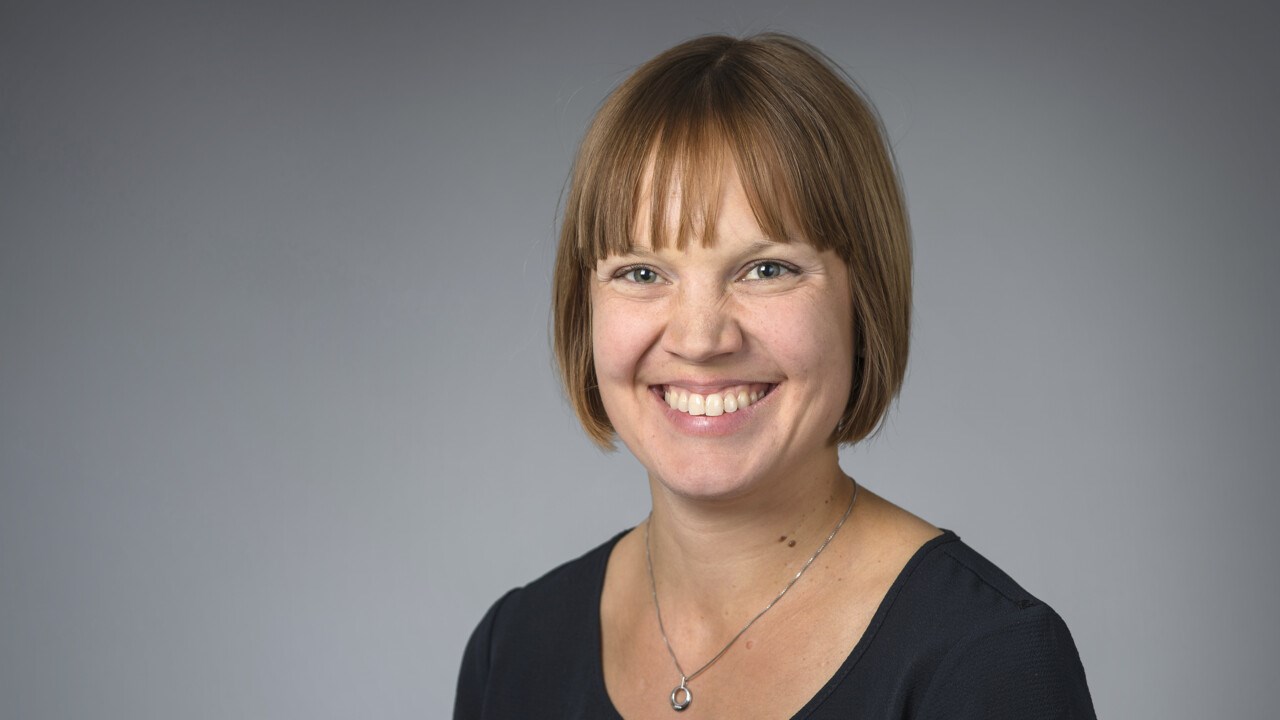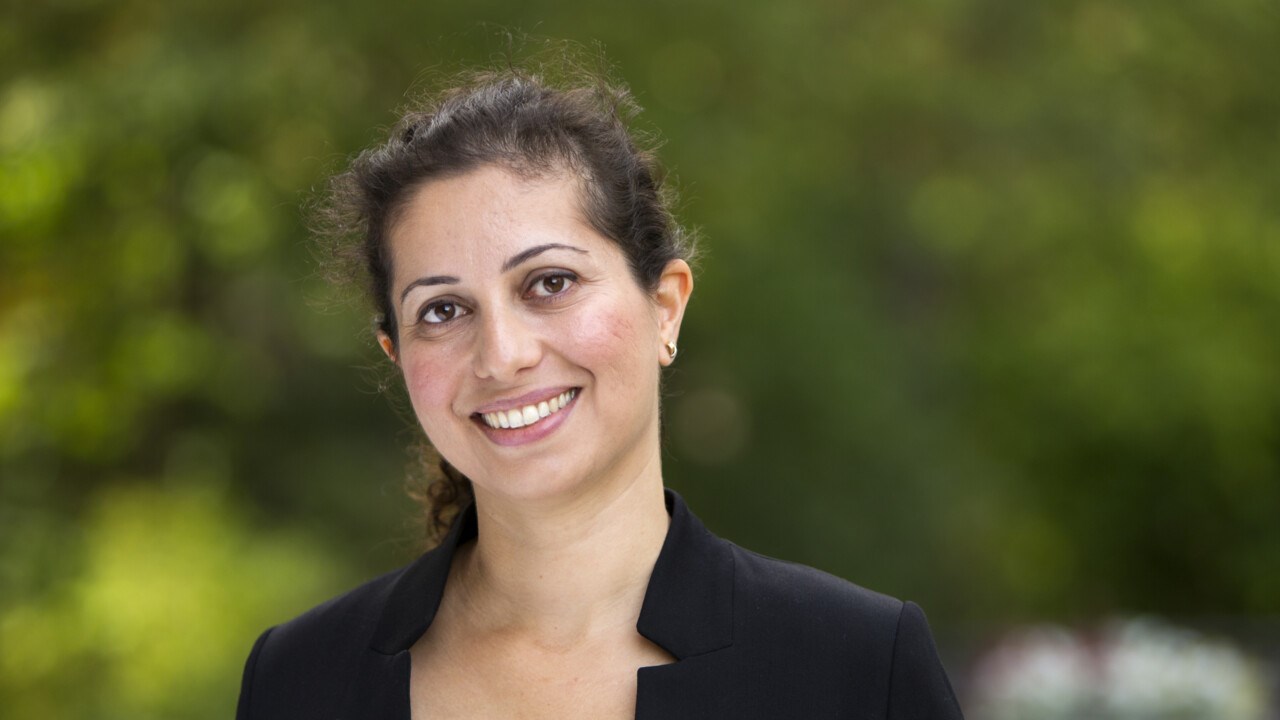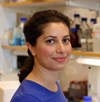About Wallenberg Academy Fellows
Wallenberg Academy Fellows is the largest private investment in young researchers in Sweden. In addition to providing promising young researchers with long-term resources, which enables them to concentrate on their research, the programme also contributes to an increased internationalization of the Swedish research environment.
The programme was established by the Knut and Alice Wallenberg Foundation in close collaboration with the five royal academies and 16 Swedish universities in 2012. The universities nominate researchers to the programme, the academies evaluate the candidates and present the most promising researchers to the Foundation, who then make the final selection. Thereafter, the universities take long-term responsibility for the activities of the selected researchers. After the end of the first period, researchers have the opportunity to apply for support for another five years of funding.





